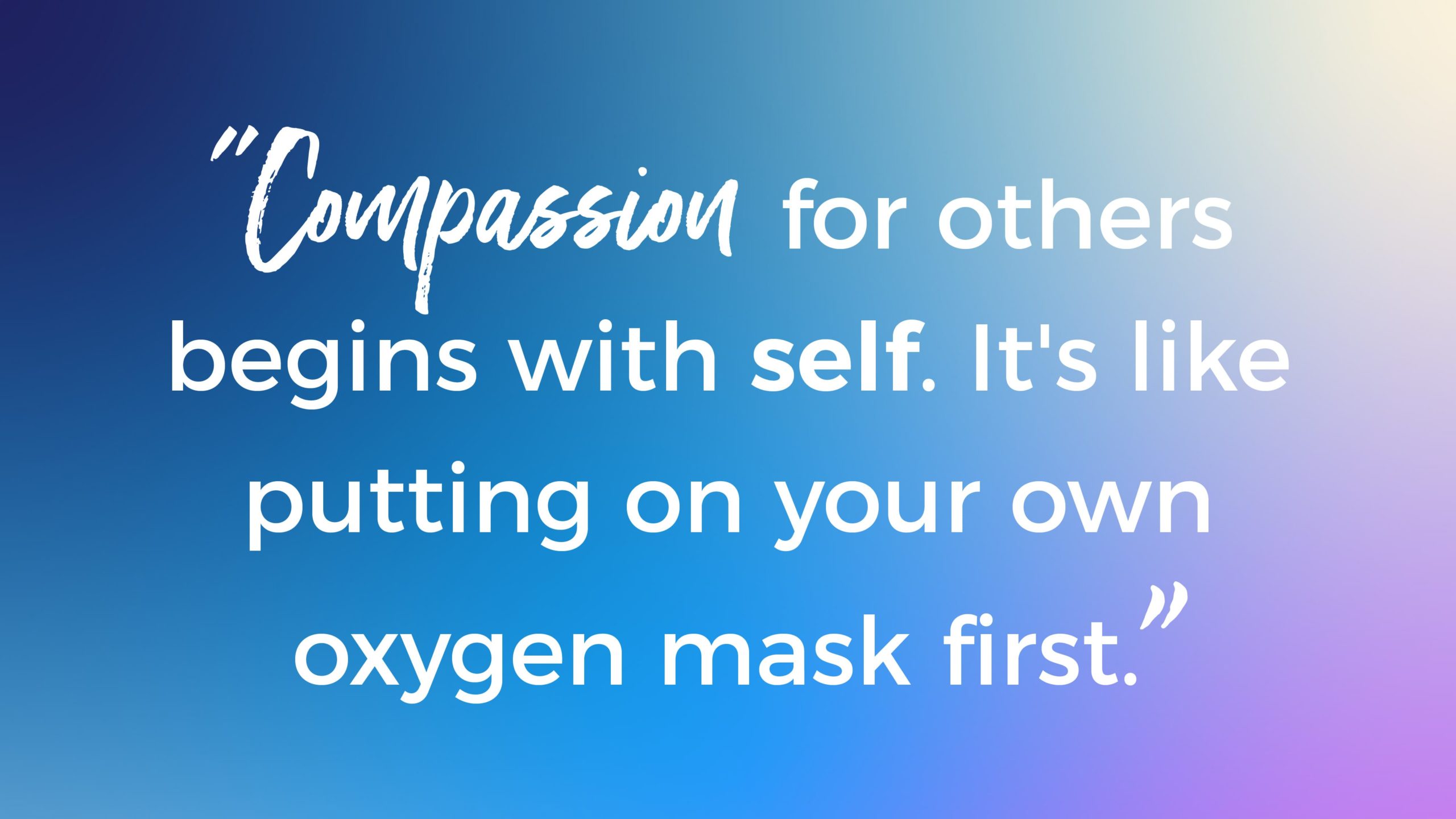Tips from the Namchak Community
If you practice meditation, you’re probably familiar with the concept of compassion, which is one of the Four Boundless Qualities of Buddhism. Meditation carries a wide range of benefits, including easing suffering, discovering happiness, and living more compassionately. Self-compassion is the beginning of this — when you practice self-compassion, you have more capacity to carry love for yourself and others.
Nearly two years after the start of a global pandemic, we’re all figuring out how to navigate constantly shifting circumstances. It’s easy to forget to take time for yourself, but self-compassion is more important than ever.
Because of self-compassion’s significance, we reached out to our community members and asked them: How do you practice self-compassion? Here are some of their self-compassion exercises.
- “I practice gratitude for my experience as a human every day. I try to appreciate what surrounds me.” — Karen
- “In everyday life, I take little breaks hourly to prevent work stress from building. In my practice, I try to be patient with myself on days I have a hard time focusing.” — Heather
- “I practice Tonglen daily. Additionally, I try to create a space of kindness in my mind and heart.” — Denie
- “I give myself grace.” — Sam
- “I do morning Sadhna practice, breathwork, meditation, and chants. I also take walks in the forest, mountains, and by the lake, and work in my garden. I support my community through volunteer work, helping others.” — Catherine
- “I remember to be kind to myself and other living beings.” — Lisa
Tonglen as a tool for self-compassion meditation
Tonglen, the practice of sending and receiving, is a powerful way to extend compassion to yourself and others, beginning with ourselves and working toward the ultimate goal of sending compassion to all sentient beings. It’s a key practice that allows you to transform your pain and that of others, send out compassion and relief, and receive it in return. Tonglen is all about your breath and how you visualize it. Like most practices, Tonglen follows a few key steps:
- Rest your mind and set your intention for practice. It may be helpful to begin with a few minutes of Shamata, a technique used to develop our power of attention and bring our thoughts to a restful state.
- Visualize your breath. Breathe in feelings of darkness and heaviness— your suffering— and breathe out feelings of brightness and light— compassion.
- Visualize a personal situation. Once you have a steady rhythm of breathing, envision your feelings of inadequacy at work, your grief for others and the world, or any experience that has brought pain. Breathe in these feelings of suffering, and breathe out its antidote of compassion, positivity, forgiveness, or relief.
- Extend compassion to the world around us. We practice self-compassion so that we can then give compassion to our communities, our loved ones and even those with whom we’ve been having trouble connecting. And, in turn, offering compassion to others can make it easier to give it to ourselves.
Many of our community members are also familiar with Tonglen and shared their stories of how Tonglen helped them practice self-compassion:
- “Tonglen increases compassion for both myself and others. I feel gratitude.” — Craig
- “I use it when I’m experiencing physical pain or sleeplessness to remind me that I’m not alone in that particular type of suffering.” — Heather
- “It helps me to feel connected to others and who may be suffering.” — Lisa
- “I practiced Tonglen when I was in a car accident before I even knew what Tonglen was. And I also practiced it when I got divorced.” — Karen
Remembering the importance of self-compassion

It’s apparent that practicing self-compassion, especially Tonglen, helps on a personal level — to ease suffering for yourself and others in your life. But why is it especially important in this current moment in time?
“Compassion for others begins with self. It’s like putting on your own oxygen mask first.” — Heather
“We live in a society that promotes disconnection. Self-compassion is the first step to re-connection.” – Denie
“Self-compassion is important because currently, everyone is so busy that we do not take the time to care for others or ourselves. We need to nourish ourselves and others. It makes us more attentive and have more depth to our activities.” — Karen
“There is so much division and rage right now. Self-compassion helps me remember to practice compassion to others. Rage and division are forms of suffering.” — Lisa
“If we love and care for ourselves we will have love to share with others”. — Catherine
Thank you to our community members for sharing! We loved hearing from you!
Join us on your journey with a retreat, an eCourse, or by joining a Learning Circle.
